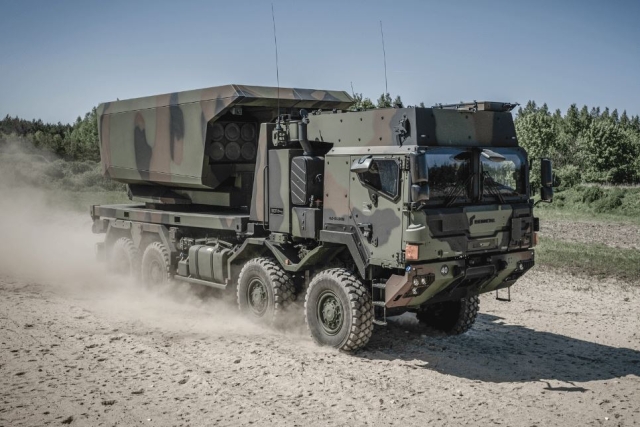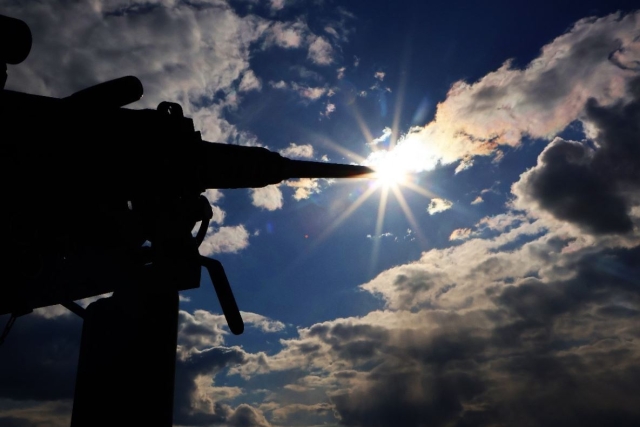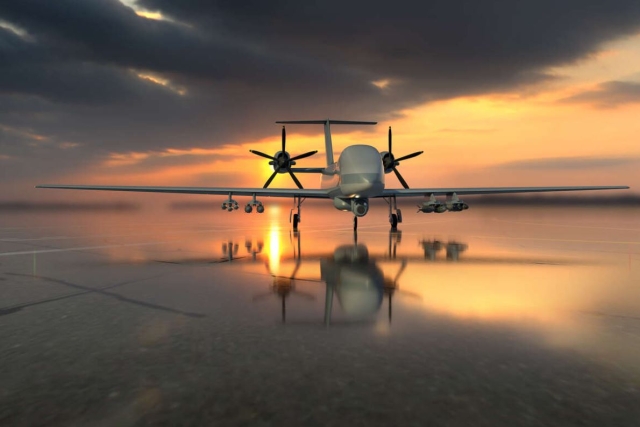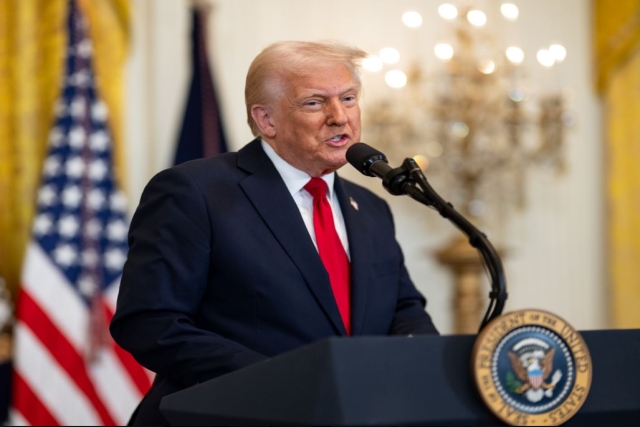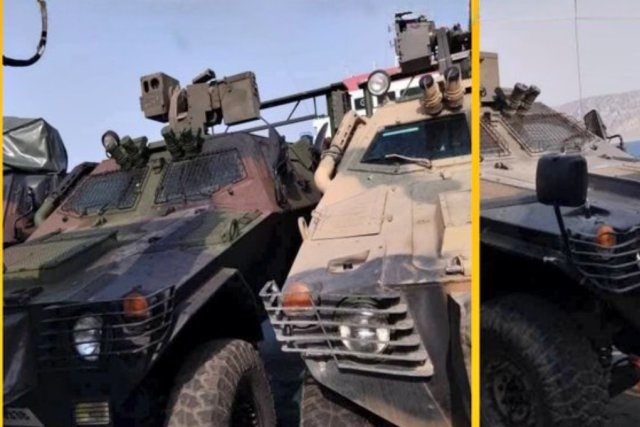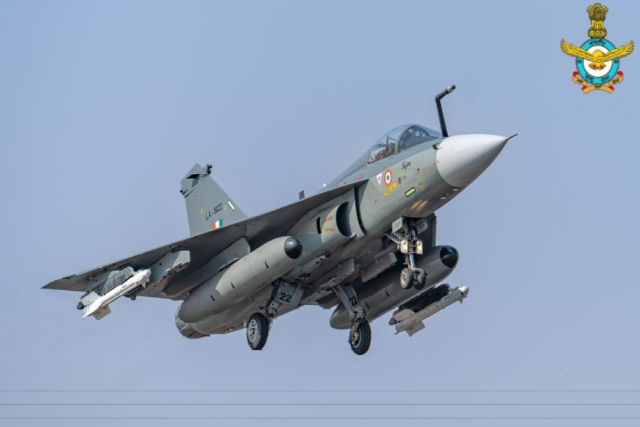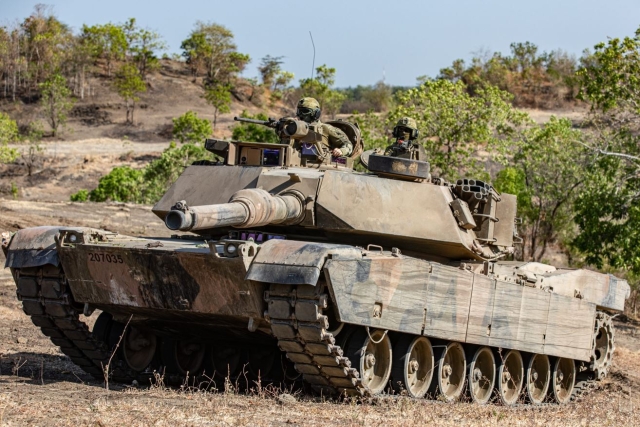France, Germany Join Hands to Defend Europe, Reduced Reliance on U.S.
Newly elected German chancellor and French president launch bold defense push to arm Europe against Russia and break free from U.S. security dependence
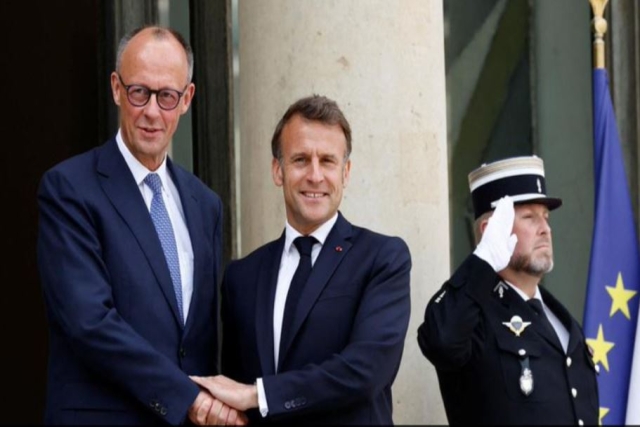
France and Germany announced Wednesday the creation of a new Defense and Security Council and a Joint Defense Innovation Program, signaling a renewed partnership aimed at strengthening Europe’s military autonomy as concerns grow over U.S. commitment to NATO.
The announcement came after newly elected German Chancellor Friedrich Merz met with French President Emmanuel Macron in Paris. The leaders said their joint initiatives would offer operational solutions to common European security challenges.
“This council will meet regularly to provide operational responses to common strategic challenges,” Macron was quoted as saying by reports during a press conference.
Analysts see this as a symbolic moment for Europe. According to Paul Maurice, president of the Committee for the Study of Franco-German Relations (Cerfa), “This type of council has existed since 1988, but the last one was held in May 2024. It could not continue due to political crises in both countries.”
Now, with both governments stabilizing, the leaders are eager to relaunch cooperation. Macron emphasized the importance of working together systematically, saying, “We will establish a joint defense innovation program to enable the breakthrough innovations needed for tomorrow’s warfare.”
The renewed push for defense coordination comes as former U.S. President Donald Trump threatens to withdraw support for Ukraine and withhold protection from NATO countries that fail to meet the alliance’s 2% GDP defense spending target.
European leaders have reacted with urgency. The European Commission announced a plan in March to mobilize €800 billion over four years, while Germany passed a defense financing package worth €1,000 to €1,500 billion to be invested over the next decade. Macron has called for France to increase its defense spending to 3% or even 3.5% of GDP, up from the current 2%.
“Both countries want to be a European pillar of NATO at a time when the United States seems to be moving away,” Maurice explained. By aligning, France and Germany aim to form a strong defense bloc within the European Union, particularly in contrast to more reluctant countries like Hungary or Italy.
The two leaders also opened the door to discussions on nuclear deterrence, an issue made more urgent by Russia’s threats.
Chancellor Merz said he was ready to “talk with France and Great Britain” about sharing nuclear deterrence responsibilities in Europe. However, he stressed that these talks should be seen only as a complement to NATO’s American nuclear umbrella.
“This discussion is explicitly seen as a complement to what we already have with our American partners within NATO,” Merz said, adding that German and French ministers would soon discuss the details.
Notably, Merz has not yet spoken with Trump directly, though the moves by France and Germany send a clear signal to Washington: Europe is preparing to stand more firmly on its own if needed.
